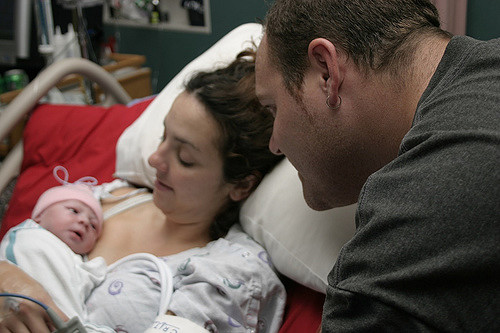
For those involved in gang activity, parenthood can serve as a powerful turning point in parents’ lives. Yet, men and women may experience and react to parenthood differently. In their recent work, David Pyrooz, Jean Marie McGloin, and Scott H. Dekker examine whether parenthood reduces the likelihood of gang affiliation and criminal offending among male and female gang members.
The authors’ analysis draws from the responses of 163 women and 466 men who self-identified as gang members in the 1997 National Longitudinal Survey of Youth. The authors tested whether parenthood for the first or second time reduces the likelihood of self-identification as a gang member, in addition to the likelihood of committing crimes, including theft, drug solicitation, and assault. The authors also examined male gang members’ involvement in their children’s lives based on their residence with or apart from their children. Finally, the authors controlled for cohabitation between parents, legal employment, and education to determine the specific effects of parenthood.
Prior to having children, female gang members had a lower likelihood of committing crime and fewer years spent as gang members than men overall. For first-time mothers, having a child reduced their likelihood of gang affiliation by 93 percent and their probability of offending by 47 percent. However, only male gang members who were first-time fathers and resided with their children showed significant reductions in gang affiliation and criminal offending. At the same time, these changes were far less likely to last in comparison to female gang members. Thus, this research demonstrates that while parenthood can be a powerful force for moving away from criminal identity and activity, its impacts are tempered by gender.

Comments